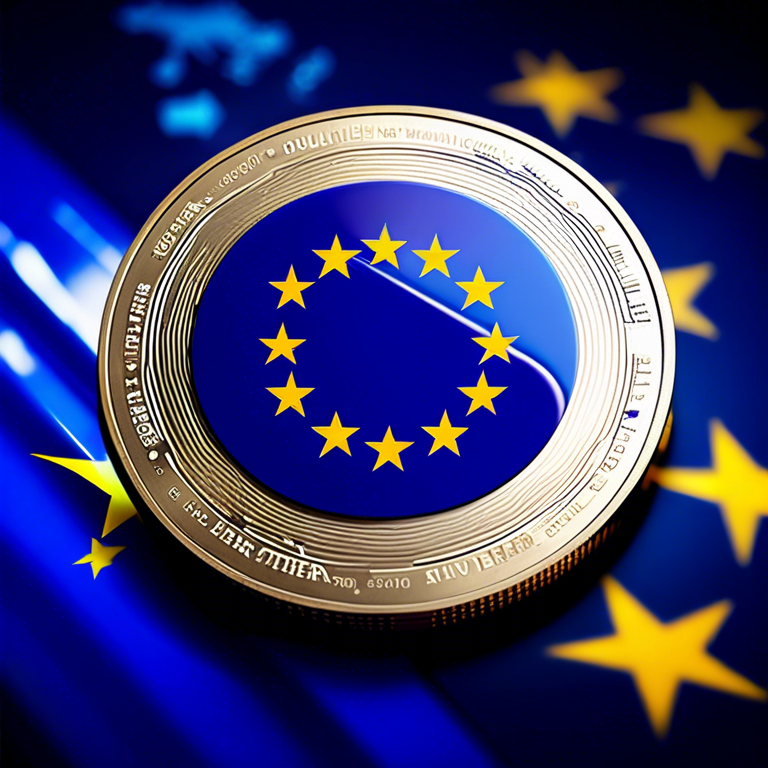As digital currencies and blockchain technology continue to evolve, securing and managing these assets become paramount. Specifically, the focus on Ethereum and EU digital wallets underlines the importance of managing cryptocurrencies within the European Union’s regulatory framework. This article dives into the intricacies of Ethereum wallets, with a focus on EU jurisdictions, examining how users can securely navigate the digital currency space.

Ether Fundamentals and Digital Wallets
Ethereum, a leading blockchain platform, extends beyond merely a cryptocurrency—it’s a foundation for decentralized applications (DApps). At its heart, Ethereum operates through its native currency, Ether (ETH
), which fuels transactions and operations within its ecosystem. For users and investors, managing ETH effectively necessitates the use of digital wallets. These wallets are designed to store, send, and receive ETH securely, operating as a digital interface to the Ethereum blockchain.
Digital wallets come in various forms—hardware, software, mobile, and web, each with its unique features and security measures. Hardware wallets, often regarded as the most secure, store private keys offline, while software wallets offer convenience and ease of use for daily transactions.
EU Regulatory Landscape and Digital Wallets
Within the European Union, digital currency regulation aims to balance innovation with consumer protection and financial stability. The EU’s approach towards cryptocurrency, including Ethereum, involves stringent anti-money laundering (AML) directives and know-your-customer (KYC) policies. This regulatory environment affects how digital wallets operate, especially concerning identity verification and transaction monitoring.
EU residents exploring Ethereum wallets must navigate these regulations, selecting wallet providers compliant with European laws. This compliance ensures that wallet users are protected under EU directives, providing a layer of security and legitimacy to digital asset management.
Selecting the Right EU-compliant Ethereum Wallet
Choosing an Ethereum wallet within the EU involves considering several factors—security, regulatory compliance, usability, and support for additional currencies and features. The ideal wallet combines robust security measures, such as two-factor authentication (2FA) and multi-signature support, with compliance to EU regulatory standards.
Furthermore, as the digital currency space continually evolves, selecting a wallet with a strong track record and proactive customer support becomes vital. This ensures that users can securely manage their ETH while accessing emerging opportunities within the Ethereum ecosystem.
In summary, Ethereum and EU digital wallets represent a critical juncture in the management of digital currencies within the European Union. By understanding the fundamentals of Ether, acknowledging the EU’s regulatory landscape, and carefully selecting compliant digital wallets, users can navigate the digital currency space securely and effectively. The evolution of Ethereum and digital currency regulations within the EU continues to unfold, promising an ever-evolving landscape for users, investors, and developers alike.


